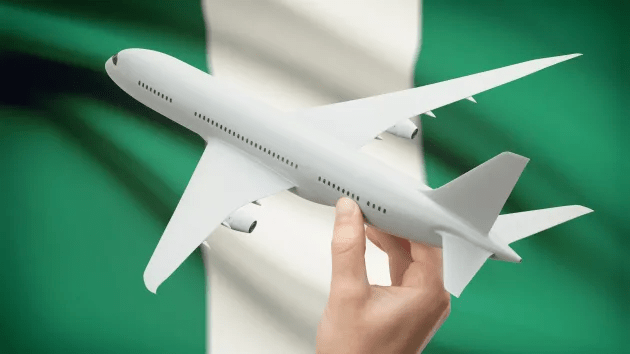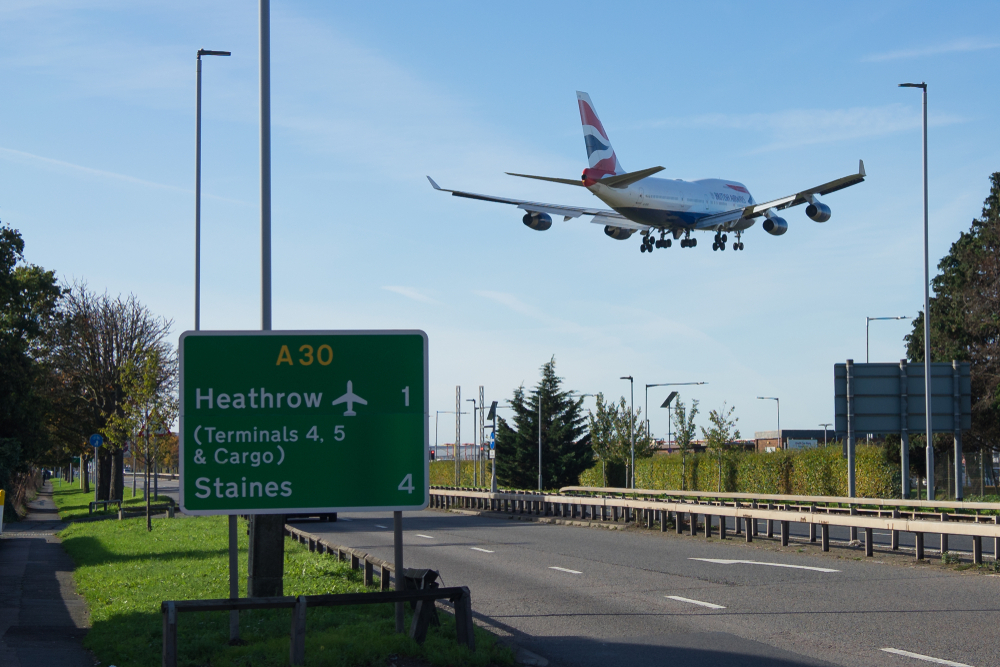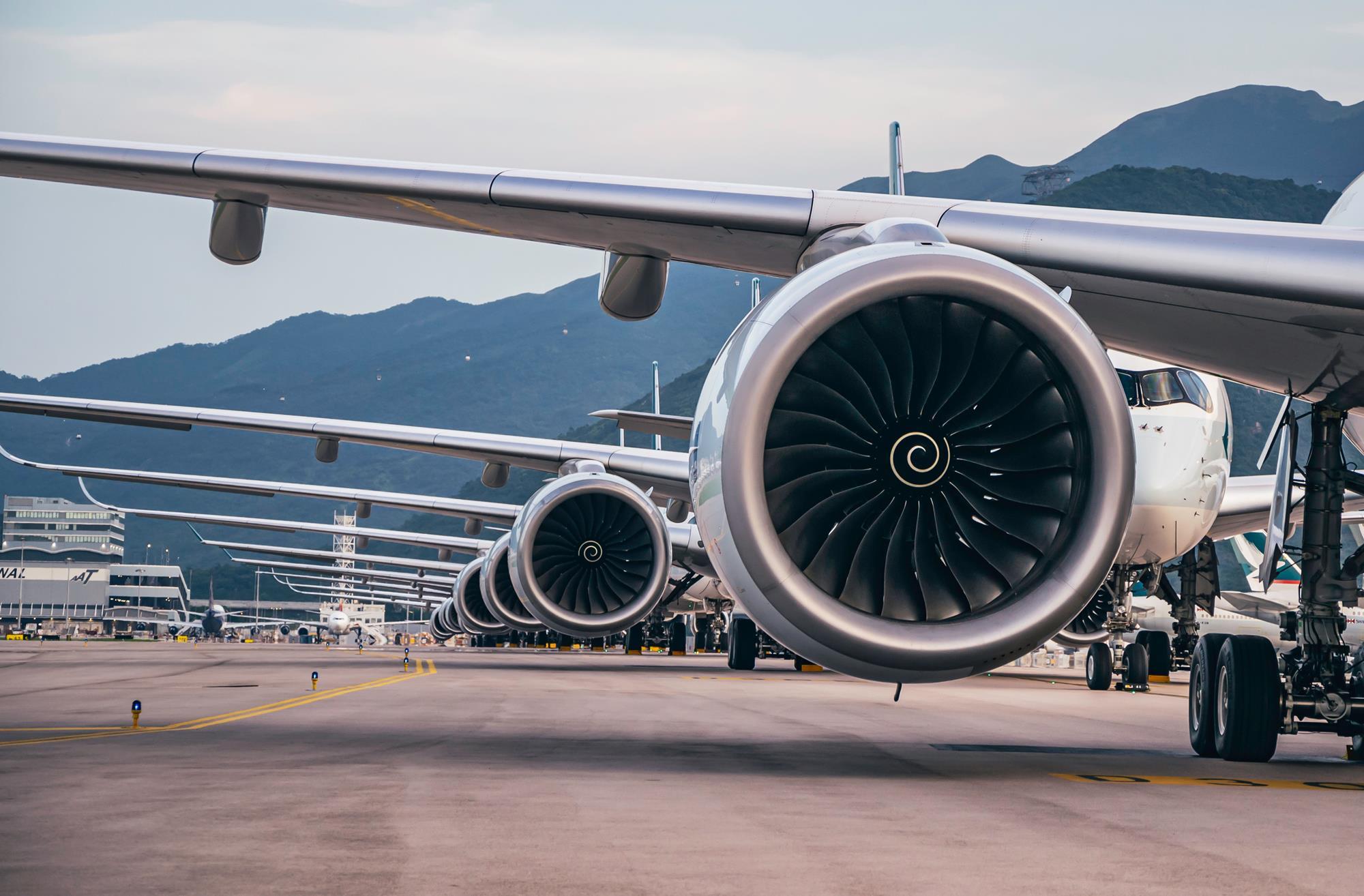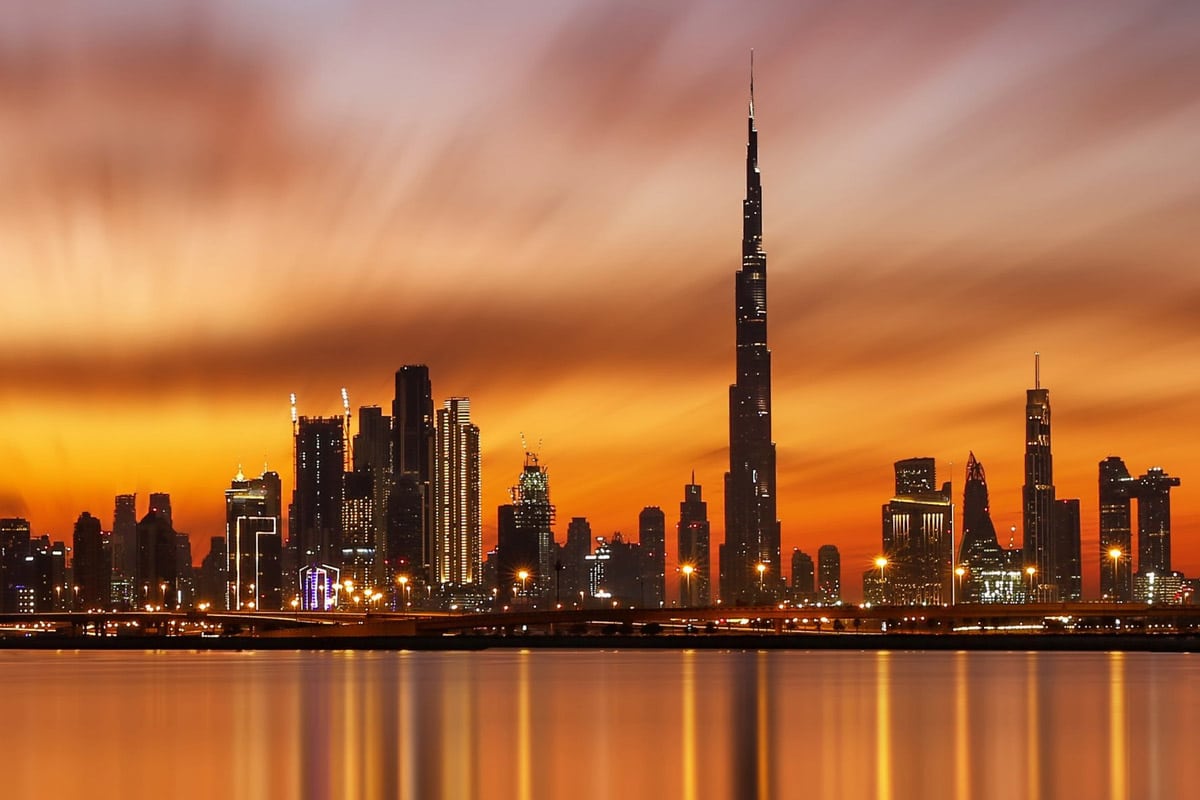Since the first iPhone launched 15 years ago, consumer shopping habits have slowly but relentlessly shifted toward mobile devices. According to a survey of 3,250 U.S. consumers from Pymnts.com, a website dedicated to analyzing the role of payments in new tech, the majority of travel service purchases (51.4%) were made on a mobile device in February 2022.
The trend is even starker among younger shoppers. About 48% of millennials ages 25-40 prefer using mobile phones for online shopping, compared with only 34% of all shoppers globally, according to a 2021 survey of 13,000 shoppers from Klarna, an online payment company.
So, it seems that shopping for travel on an old-fashioned computer will eventually go the way of the horse and buggy. Indeed, some travel shopping services, such as the travel search engine Hopper, offer only in-app shopping for certain bookings, leaving desktop users high and dry.
However, while buying a flight on a phone is more convenient, it could be more costly.
Watch out for drip pricing
The rise in mobile shopping in the past decade has coincided with a sea change in how travel brands earn revenue. Add-on fees, including baggage and seat selection fees on flights and cleaning and resort fees with lodging, have become more common and pricey. U.S. airlines collected $5.3 billion in baggage fees alone in 2021, according to the Bureau of Transportation Statistics.
However, a 2021 study in the journal Marketing Science found that shoppers tend to make suboptimal decisions under these “drip pricing” situations, that is, when hidden fees are tacked on throughout the checkout process. Shoppers tend to compare initial prices across competitors, which are low, rather than the higher final price.
“When firms employ a drip pricing strategy, the initial price is almost always lower than a competitor’s all-in price,” said Shelle Santana, assistant professor of marketing at Bentley University and one of the study’s authors, in an email interview. “But once they start to add on amenities such as a checked bag, seat options, etc., that difference in price across firms diminishes and sometimes reverses.”
Anyone who has shopped for airfare on a budget airline such as Spirit or Frontier knows exactly how this “drip pricing” plays out. Yet what surprised Santana and her colleagues was how unwilling customers were to compare alternatives, even after the final price had risen.
“Consumers perceive high search costs associated with starting their decision process over, and they think they will save less money than they actually will,” Santana said.
Basically, shoppers tend to get to the final checkout screen and grudgingly accept whatever fees have been added on. They assume it will be too much hassle to start over and find another option, even if doing so would save them money.
The wrong tool for the job
Shopping on mobile devices is quick and easy for simple purchases, like ordering cat food or paying a bill. Yet shopping for travel is far from simple, and it usually requires switching between several tabs and apps to find the best deal.
Consider the common decision of whether to purchase a flight with either cash or reward miles. This involves several steps. First, you’ll need to search on the airline app or website for award availability, likely while switching to a personal calendar to check dates. Then, you’ll search on a third-party flight tool, such as Google Flights, for estimated cash fares before determining the value of the redemption in miles versus dollars. Once you’ve determined the best option, you’ll then need to navigate through the entire checkout process from both cash and award flight options to determine the true final price.
Maybe some fleet-fingered Gen Zers can manage this task on a mobile device. But for many, it’s too daunting.
Indeed, a 2018 study in the Journal of Marketing followed nearly a million sessions on a shopping website and found that shoppers who switched from a phone to computer completed their transactions at a higher conversion rate. Interestingly, this higher conversion rate effect was even more true for higher priced or risky products.
So, even if you like scrolling for flights on your phone, or if you feel overwhelmed by the mobile-based options, follow the advice of the experts who prefer booking travel — which can be both expensive and risky — using a computer.
“I almost always shop for travel on a desktop,” said Santana. “I like to have several tabs open at once and toggle between them to make sure I understand price differences and drivers across firms.”
Source: Mountain View Today










